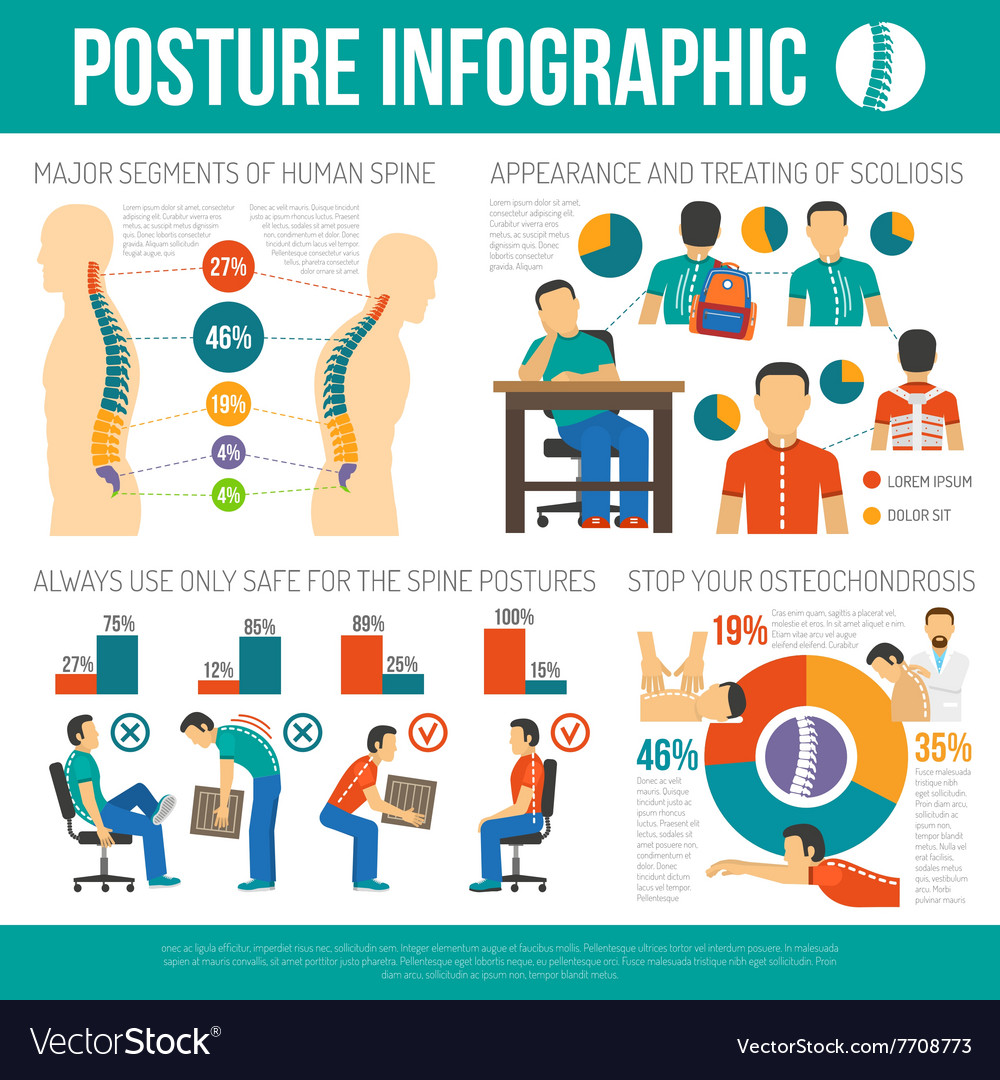Understanding Nourishment'S Role In Neck And Back Pain Management: Beneficial Foods And Foods To Avoid
Understanding Nourishment'S Role In Neck And Back Pain Management: Beneficial Foods And Foods To Avoid
Blog Article
Article By-Mcclure Jordan
When it involves managing your back pain, the food selections you make can significantly affect just how you really feel every day. Visualize being able to alleviate your discomfort simply by readjusting what you eat. By understanding the role of nourishment in back pain monitoring and recognizing which foods to include or steer clear of, you can take proactive actions towards a much healthier and a lot more comfy way of living. The link between nutrition and back health is more extensive than you might understand-- let's check out just how specific foods can either relieve or aggravate your back pain.
Value of Nourishment in Pain In The Back
Nourishment plays a crucial duty in managing back pain. Your diet plan can significantly affect inflammation degrees and overall discomfort levels in your back. Eating a balanced diet regimen rich in nutrients like vitamins D and K, calcium, magnesium, and omega-3 fats can help reduce inflammation and reinforce bones, which are essential for back wellness.
Furthermore, maintaining a healthy weight with correct nutrition can alleviate anxiety on your spinal column, minimizing the danger of back pain.
Moreover, https://doctor-chiropractic06283.like-blogs.com/30545144/analyze-how-chiropractic-treatment-can-work-as-a-way-to-attain-pain-relief-and-boost-health like anti-oxidants found in fruits and vegetables can aid combat oxidative stress and promote recovery in the body, consisting of the back muscular tissues and spinal column.
On the other hand, eating extreme quantities of refined foods, sugary beverages, and unhealthy fats can add to swelling and weight gain, exacerbating neck and back pain.
Foods to Eat for Back Health
To sustain a healthy back, incorporating nutrient-rich foods right into your daily meals is crucial. Including foods high in anti-oxidants like berries, spinach, and kale can help reduce swelling in your back, alleviating discomfort and pain. Omega-3 fatty acids found in fatty fish such as salmon and mackerel have anti-inflammatory buildings that can profit your back health.
In addition, eating nuts and seeds like almonds, walnuts, and chia seeds offers vital nutrients like magnesium and vitamin E, which support muscle mass function and minimize oxidative tension. Incorporating lean healthy proteins such as hen, turkey, and tofu can assist in muscle repair work and maintenance, advertising a solid back.
Don't neglect to include dairy products or strengthened plant-based alternatives for calcium to sustain bone health. Last but not least, hydrate with a lot of water to maintain your spinal discs hydrated and functioning efficiently. By including these nutrient-dense foods in your diet, you can nurture your back and assistance overall back wellness.
Foods to Stay Clear Of for Back Pain
Select avoiding processed foods high in sugarcoated and trans fats when looking for relief from pain in the back. These kinds of foods can add to inflammation in the body, which may intensify pain in the back. Say no to sugary snacks like candy, pastries, and sugary drinks, as well as convenience food products like burgers, french fries, and fried hen that are often filled with trans fats.
Furthermore, avoid foods consisting of high degrees of refined carbohydrates, such as white bread, pasta, and pastries, as they can increase blood sugar levels and possibly aggravate swelling in the body.
It's additionally smart to limit your intake of foods high in saturated fats, like red meat and full-fat dairy items, as they can contribute to inflammation. Processed foods like delicatessens meats, chips, and packaged snacks are often high in hydrogenated fats and need to be eaten in moderation.
extreme pain in lower back when standing up
In conclusion, taking note of your diet plan and making smart food selections can have a substantial effect on managing pain in the back. By integrating nutrient-rich foods like berries, fatty fish, nuts, and lean healthy proteins, and preventing processed and sugary things, you can help in reducing inflammation and support on the whole back health. Bear in mind, what you eat plays an important role in exactly how you really feel, so make sure to prioritize your nutrition for a much healthier back.
